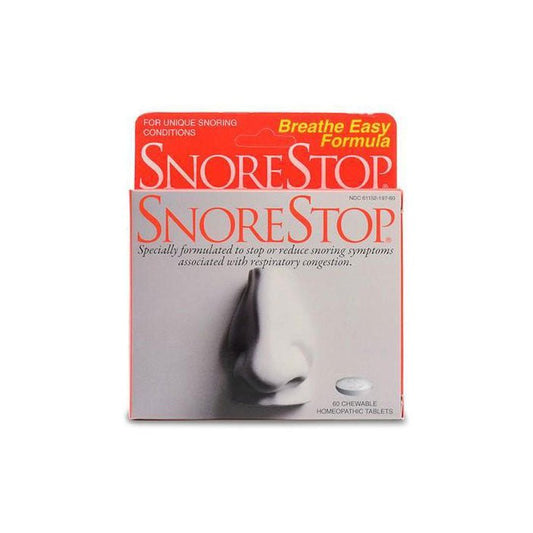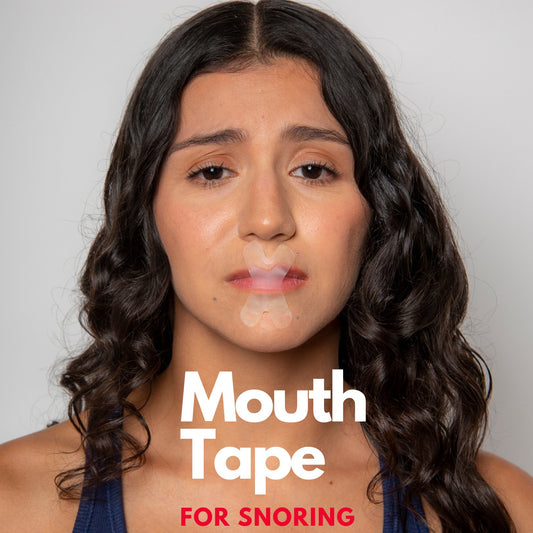
Although it can be somewhat funny when you see strangers snoring on their commute from work or during a sleepover at a camp, snoring isn’t always just a laughable comedy sketch – especially if you live with a notorious snorer.
Hearing chainsaw-like sounds every night can prevent you from falling asleep and even take a toll on your relationship with the guilty party. Not to mention that it can be pretty problematic for the snorer, as well, since it’s often linked with obstructive sleep apnea.
There are various anti-snoring devices promise to put a stop to this nuisance. Let’s find out which devices are the most popular and see how they work.
First thing’s first – why do we snore?
Before exploring how snoring stoppers work, it’s a good idea to see how snoring works. After all, it’s a problem that’s more common than it first appears.
Over 57% of men and 40% of women suffer from snoring. While some are habitual snorers who experience it only when they get the sniffles, others encounter these issues every time they fall asleep.
Snoring happens when your airways are blocked or restricted – hence why most people will snore when they catch a cold. All your muscles relax when you’re entering deep sleep, including your soft palate, tongue, and throat muscles. That can lead to your airways getting narrower, restricting airflow, and making you breathe more forcefully. The forceful airflow then increases tissue vibration, leading to loud, constant snoring.
Snoring can be exacerbated by sleep deprivation, sleeping position, natural mouth anatomy, illness, and more.








